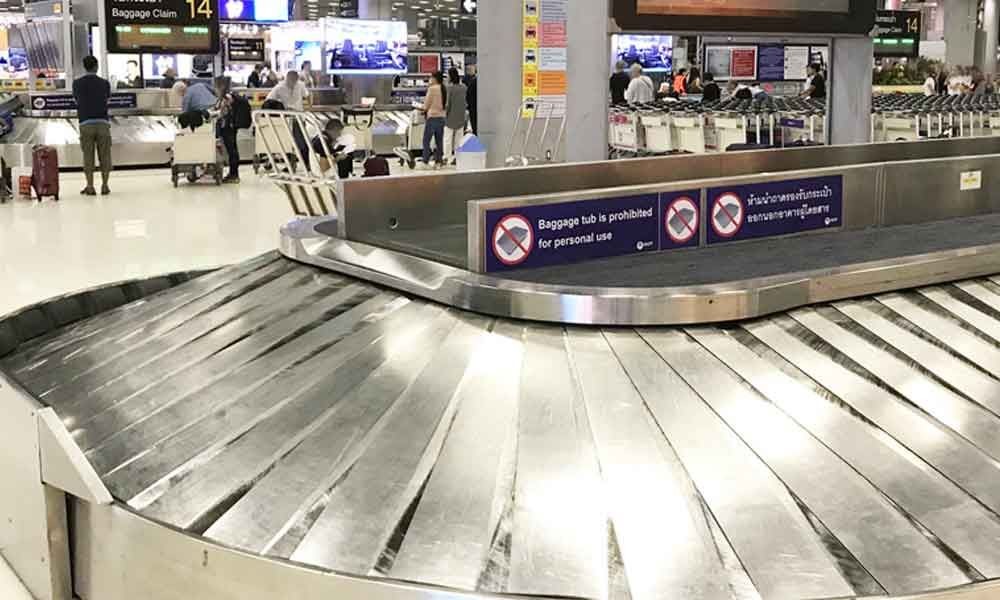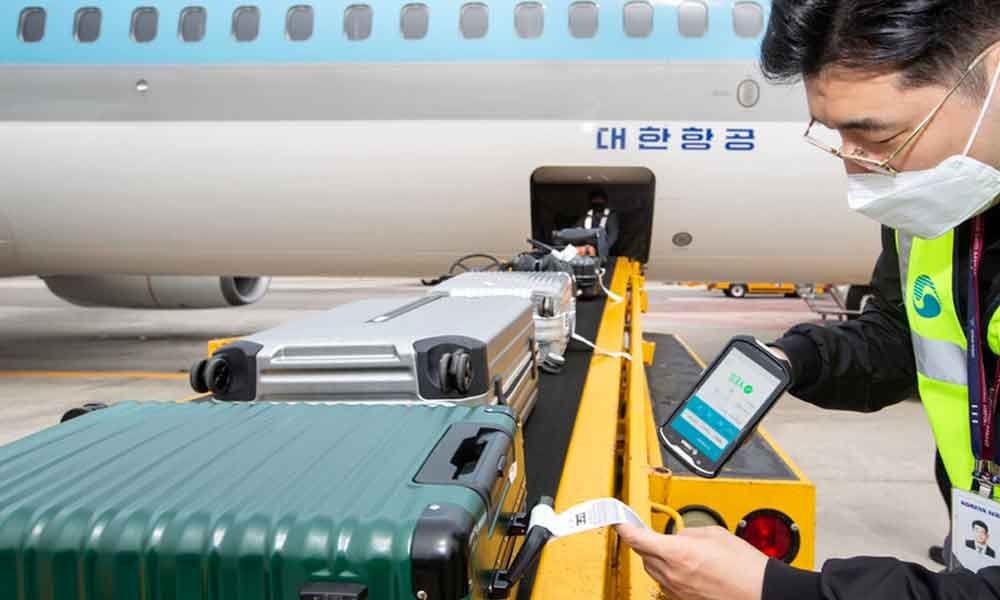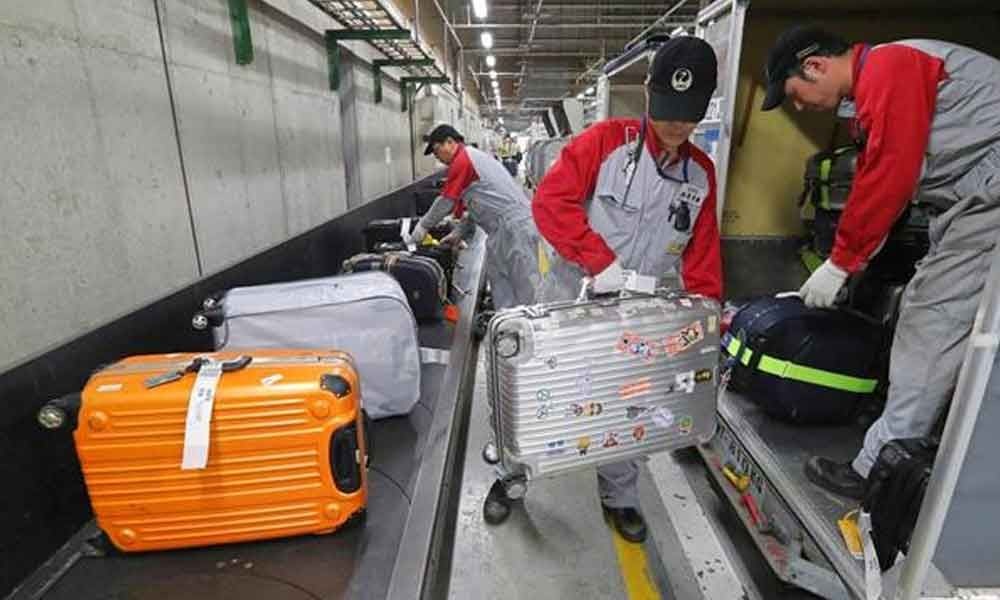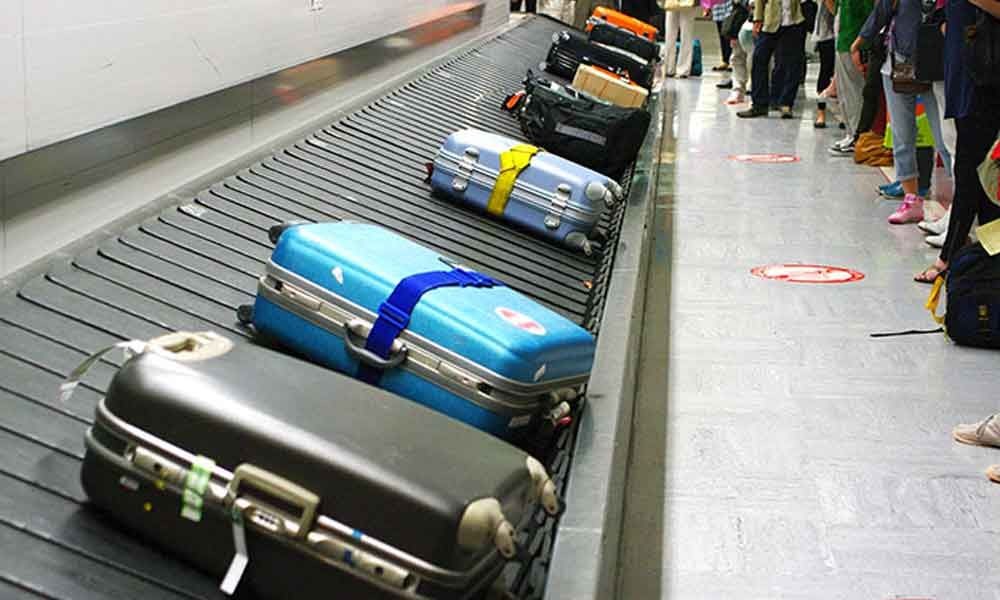Travelers often prefer seats towards the front of the aircraft to expedite their exit upon reaching their destination.
However, you may have experienced a situation where you are among the first off the plane, yet your luggage is the last to arrive. Let’s explore how airlines determine the order of luggage distribution.

When embarking on international travel, there is a notion that checking in last or first results in faster luggage retrieval. However, this is not the case. Airlines prioritize cargo weight balance over boarding check-in orders, as Korean Air and Asiana Airlines confirmed.
The sequence of luggage retrieval upon aircraft arrival is generally similar for major domestic airlines. Each airline operates its membership programs. Korean Air includes Million Miler, Morning Calm Premium, and Morning Calm members, while Asiana Airlines has Platinum, Diamond Plus, Diamond, and Gold tiers.
Most airlines prioritize the luggage of first-class passengers for initial retrieval, followed by business class. Next in line are members of the airline’s loyalty programs. Subsequently, luggage from economy class begins to be unloaded, so it tends to be the last to arrive.

Airlines have a method of pre-sorting this luggage on the plane. Each aircraft container is divided to accommodate luggage from first class, business class, and priority loyalty program members separately. Luggage belonging to passengers who need it first is separated into different containers.
In the case of smaller aircraft like the Boeing 737, pallets are used instead of containers to load and segregate luggage. This ensures that their luggage is never mixed and can be unloaded quickly. During this process, staff check for membership grade marks or tags attached to bags to prioritize unloading.

On the other hand, the sequence of economy-class luggage retrieval is almost random. There is no particular order, as it depends on which containers are unloaded first and which are opened to send out the luggage.
In essence, checking in last or first doesn’t guarantee that your luggage will be the first to arrive. Unless you’re a passenger with specific seat privileges, you never know when your luggage will arrive. Online anecdotes suggest that attaching a ‘fragile’ label to your luggage during check-in might expedite its arrival. However, there’s no guarantee that any particular luggage will arrive faster.

So, how do budget airlines determine the order of luggage? Similar to major airlines’ economy class, it’s a randomized process. Some airlines offer a priority luggage service for an additional fee, exclusively for passengers who have purchased emergency exit seats or similar upgrades.
While priority luggage service is complimentary for business class and higher tiers in full-service airlines, it’s a paid service for low-cost carriers. Among domestic airlines in South Korea, Jeju Air and Air Seoul offer priority luggage service for domestic flights at 3,000 won (approximately $2.50) per piece of luggage and for international flights at 5,000 won (approximately $4.20) per piece. Jin Air offers priority luggage service with their ‘Genie Plus’ package, priced at 20,000 won (approximately $16.80).
Upon subscribing to this service, the airline attaches a separate tag to your luggage, facilitating quicker passenger retrieval. Prioritizing luggage service is recommended for those needing prompt luggage retrieval upon arrival.










Most Commented